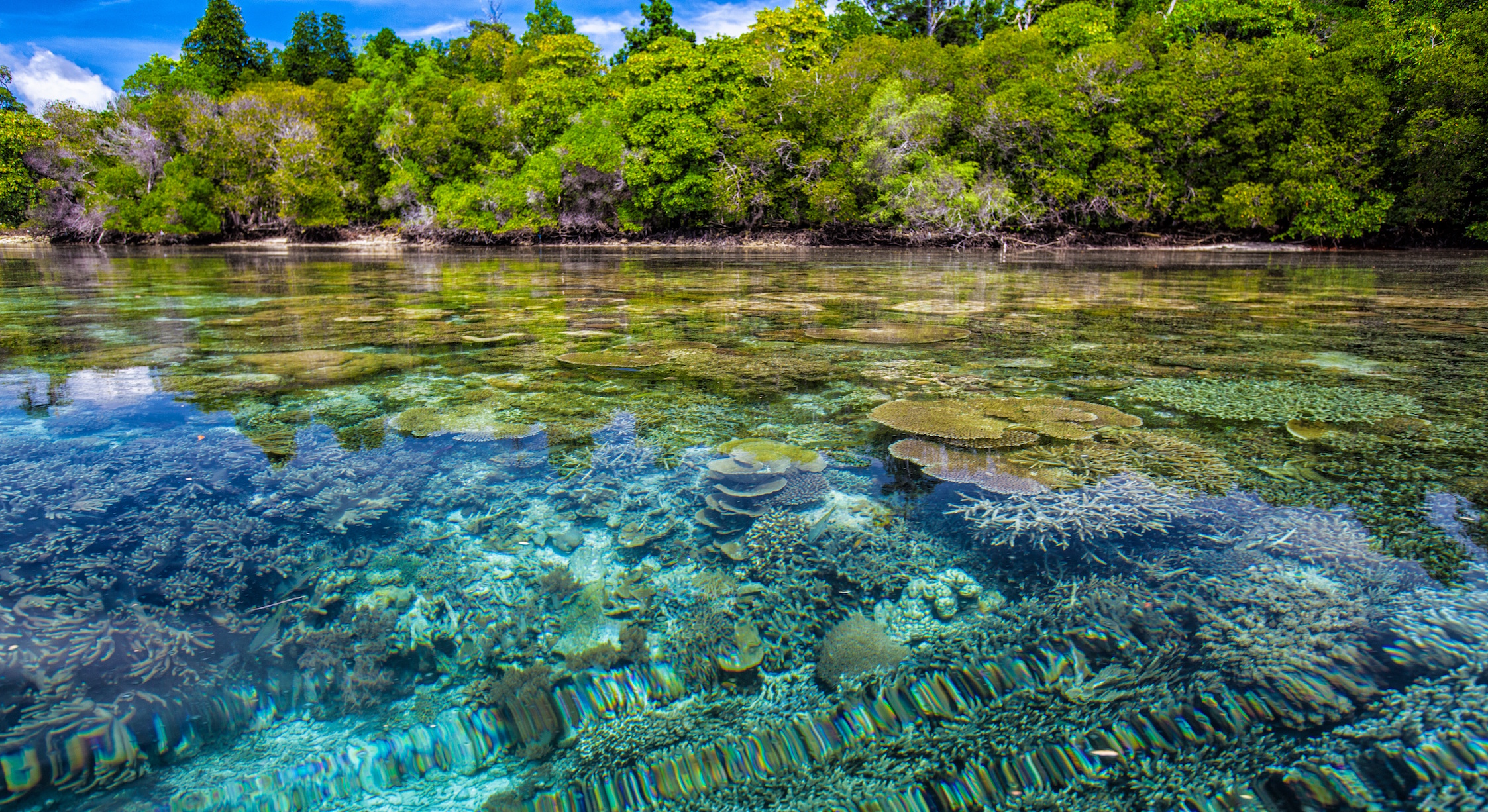
Project to save the Belize coastline provides useful blueprint
Coastal areas face a series of increasing risks to the natural habitats around them. Research has found that overfishing, city development, pollution, and receding habitats are all serious threats posed to environmental preservation. But recent research out of Belize has worldwide implications as scientific studies combined with community efforts have created a management plan to help preserve the coasts of the area.
Belize’s rich marine life is dependent on the mangroves, coral reefs, and seagrass meadows of the area. Belize’s economy is also dependent on the preservation of its coastal ecosystem as many people rely on ecosystem services like fishing, food, protection of its coastlines and the tourism industry.
Belize was the perfect location for a study of ways to incorporate better coastal management as its Barrier Reef Reserve, the largest barrier reef in the northern hemisphere, was added to UNESCO’s World Heritage List of sites in danger in 2009.
Research was gathered over a period of 5 years and specifically looked at the risks posed to coral, mangrove, and seagrass habitats by typical activities like fishing. Scientists were also careful to consider the needs of the communities who both depend on and affect these habitats while performing the study.
The study, which was printed in the International Journal of Biodiversity Science, Ecosystem Services & Management, with lead author Gregg Verutes and published by Taylor and Francis, showcases the collaboration between the Coastal Zone Management Authority & Institute and the Natural Capital Project.
The two teams came together to work on a coastal management plant, the first of its kind, that both enhances Belize’s economy and spans ecological development projects, while still preserving the ecosystem. This balancing act between conservation and development to create a management plan was called “visionary” by UNESCO.
This coastal management plan could help coastal nations around the world sustain their economic development and still preserve and protect crucial marine habitats.
—
By Kay Vandette, Earth.com Staff Writer













